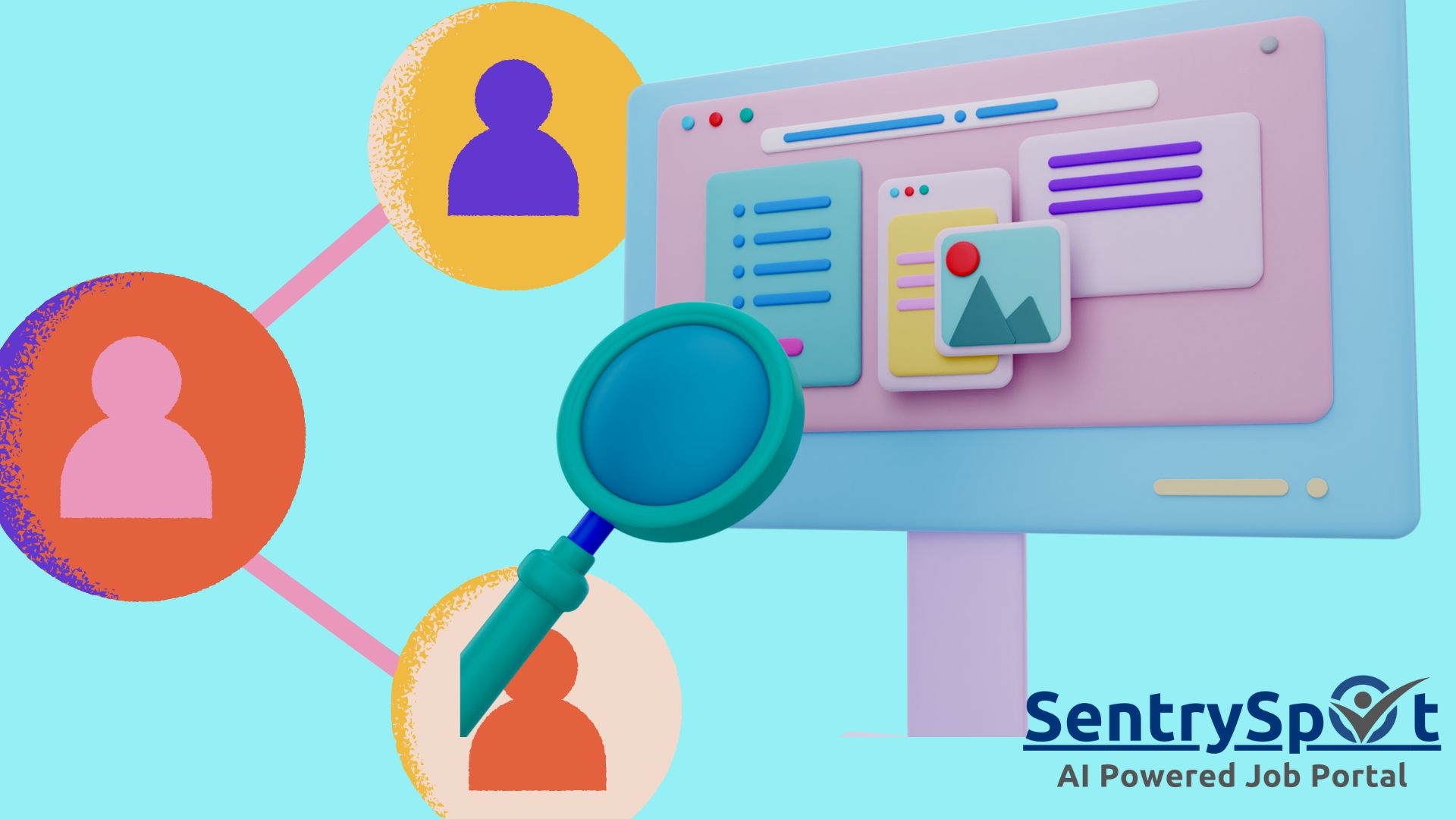10 must have administrative skills for professionals
Today, in a competitive job market, everyone wants to stand out. Some choose to specialize while others upskill for career advancement. Hiring managers seek people with diverse abilities, making it crucial to develop administrative skills to grab their attention. Administrative skills are highly valued by employers and aid in professional growth. So, which skills are important? In this blog, we’ll discuss the 10 essential administrative skills for professionals.
10 must have administrative skills for professionals
1. Problem-solving skills
Effective problem-solving skills are essential for successfully managing complex and unexpected situations. These skills encompass a blend of analytical, creative, and critical thinking, as well as a keen attention to detail. In addition to resolving issues, individuals in administrative roles have the opportunity to identify the root causes of problems and enact changes to prevent future challenges.
2. Working well under stress
It can be overwhelming for any employee to handle tight deadlines, quick turnaround times, multiple requests, several projects all at once, and day-to-day tasks. Working well under stress is essential to stay on top of things without becoming overwhelmed, which can slow down productivity. The ability to work well under stress often goes hand in hand with strong multitasking skills, which are valuable in an administrative role.
3. Communication Skills
Effective communication skills are absolutely essential for ensuring a seamless flow of information. Clear and impactful written and verbal communication, combined with professional phone etiquette, play a key role in fostering a collaborative and professional atmosphere. These administrative assistant skills are critical for facilitating successful team dynamics, particularly in navigating workplace interactions.
4. Adaptability
In today’s dynamic work environment, adaptability is crucial for success. Administrative professionals must embrace change, new technologies, and shifting priorities to stay ahead and meet evolving organizational needs. Being open to different work styles is essential. Stay updated with the latest features and updates of project management software to enhance your adaptability.
5. Time Management
Mastering time management is indispensable for administrative assistants as they are entrusted with the crucial responsibility of organizing the schedules and deadlines of their supervisors and peers. Given the need to balance multiple tasks and projects concurrently, effective time management is indispensable to prevent becoming overwhelmed.
By skillfully implementing time management techniques, administrative assistants can efficiently prioritize tasks and allocate resources to ensure timely completion. Furthermore, adept time management not only reduces stress but also helps avoid burnout by preventing excessive working hours and safeguarding personal time from being compromised by an excessive workload.
6. Project Management
Project management skills include planning, organizing, and overseeing the project execution successfully. Professionals who have strong management skills can set realistic timelines, mitigate risks, allocate all the resources very efficiently, and make sure to complete the projects within time and budget.
7. Technological Skills
Administrative Professionals must be excellent in the latest technologies to make sure all the tasks like report writing, data entry, meeting notes, and other projects are completed within timeline and budget and with accuracy.
Microsoft Office is the most widely used program in all the offices. All the professionals must have knowledge of Word, PowerPoint, Access, Excel and Outlook and having a strong understanding of these programs will allow you to quickly adapt to new programs introduced throughout your professional career.
8. Confident
Confidence is an invaluable skill that propels you towards achieving your aspirations, nurturing meaningful connections, and demonstrating grace under pressure. It is a leadership quality that commands respect. Maintaining a balance is crucial, so confidence doesn’t morph into arrogance or conceit. Confidence signifies your competence and the positive impact you bring to the organization. Employers actively seek confidence in their team members, as studies indicate that assured individuals are not only more optimistic but also more productive. Furthermore, they serve as exemplary role models. Cultivate confidence by unwaveringly believing in yourself and fostering a mindset of “I can,” thereby fortifying your confidence daily.
9.Enterprise Resource Planning
The rapid evolution of technology has revolutionized our daily work practices, and embracing these changes is pivotal for the advancement of any business. Enterprise Resource Planning (ERP) stands at the forefront of this technological shift, providing a comprehensive business process management software solution that serves as a centralized hub for all data, optimizing its flow throughout an organization. Proficiency in ERP software is often a requirement for administrative professionals to generate tailored reports. Notable ERP software solutions such as Oracle, SAP, and Pronto are commonly utilized by businesses for financial and payroll management.
10. Radiate professionalism
If you work in a large office, you often have the opportunity to make a first impression when clients or partners visit. As the first person they see, you represent the company and your department. This is also true when answering phone calls. A friendly greeting can help calm even the most upset caller. It’s important to project professionalism in every interaction, as this will often be reciprocated.”
Final words
Remember that administrative responsibilities are crucial for the success of any organization. These tasks involve processing and storing important information, maintaining order, and ensuring that company processes run smoothly and efficiently. Administrative roles are essential for streamlining workflow and processes. By managing general office tasks, scheduling, and organizing data, administrators make sure that operations run smoothly. Improving your administrative skills can provide significant benefits, whether you’re pursuing a career in administration or working in a field that requires a high degree of organization and multitasking. While administrative skills encompass a wide range of abilities, focusing on key areas for improvement, as mentioned in the blog above, can greatly enhance your skill set
FAQ
- What soft skills should all professionals possess?
Soft skills are crucial for professionals to succeed in their roles. These skills comprise excellent communication, interpersonal skills, teamwork, positive attitude, willingness to learn, adaptability, time management, and problem-solving. Crucial soft skills for administrative assistants include maintaining a professional demeanour, managing stress, and prioritizing tasks.
- How to Make Your Skills Stand Out
Don’t forget to enhance your resume by adding keywords that are directly relevant to the job. When crafting your cover letter, make sure to showcase your administrative skills with compelling examples of how you’ve put them into action. During interviews, skillfully incorporate these words and be ready to eloquently illustrate how you’ve utilized each skill in past experiences.




